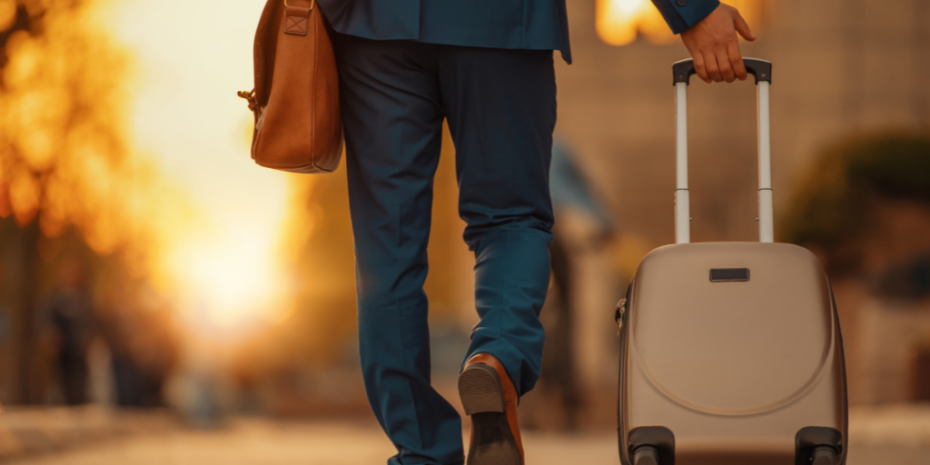Guest post by Hope Druckenmiller
Human trafficking is a crime that often involves travel – traffickers move victims by cars, planes, trains, and buses and between countries, states, or cities within a state. This summer, as you use multiple modes of transportation to travel for business or a vacation, take a few moments to view the following list of anti-trafficking campaigns that are used by travel agencies and organizations who are working to end human trafficking and protect the vulnerable in the travel, tourism, hospitality, and transportation industries. And consider, how might I be a more vigilant and perceptive traveler – in my community and throughout the world?
Campaigns and Initiatives:
- Truckers Against Trafficking is a non-profit organization whose goal is to train transportation professionals to partner with law enforcement in the recognition and reporting of human trafficking. Visit their website to view their 2022 Annual Report and find out how to become a certified Trucker Against Trafficking.
- The U.S. Department of Transportation offers training, resources, and educational materials through their Transportation Leaders Against Human Trafficking (TLAHT) initiative to empower transportation employees across the country.
- Airlines such as Delta have trained their employees to recognize the signs of human trafficking, and Uber has partnered with ECPAT-USA and Polaris to raise awareness. They have trained drivers around the world to recognize the signs of human trafficking and know what to do if they encounter a potential trafficking situation.
- Convenience Stores Against Trafficking (CSAT) offers the Community Heroes human trafficking awareness program, helping convenience store employees understand indicators of human trafficking as well as response protocols. To date, they have trained nearly 13,000 locations in over 40 states.
- The No Room for Trafficking Program, an initiative of the American Hotel and Lodging Association, builds on the hotel and lodging industry’s commitment to eradicate human trafficking. Since 2020, they have trained over 1 million hospitality employees to identify and report suspected human trafficking.
What You Can Do:
As a traveler, here are a few ways to familiarize yourself with the indicators of human trafficking and be equipped to know what to do if you encounter a potential trafficking situation. Find ways to introduce the resources we’ve shared above to your local community or business. Enroll in the free 1-hour Human Trafficking Awareness course from Justice U to build your knowledge and skills, and save the National Human Trafficking Hotline number (1-888-373-7888) in your phone so that you can report a suspected tip.
If you are a business traveler, review the Occupational Profile: Business Traveler video and one sheet found on the Engage Together: My Role page. You can also read our previous blog post on air travel, Eyes In the Air and On the Ground.
We encourage you today, be vigilant as you travel this summer and every day throughout the year. There is much being accomplished in these spaces, and much more to be done. But you can help. Get educated, keep your eyes open, and be ready to take action when you see someone in need.

